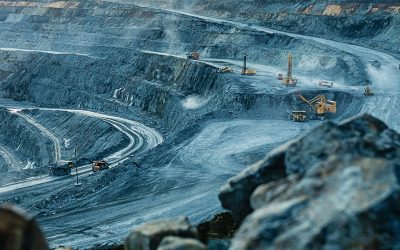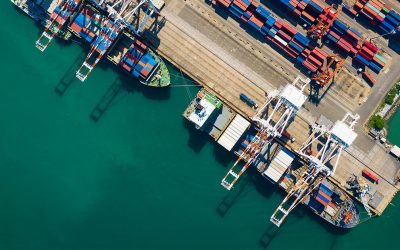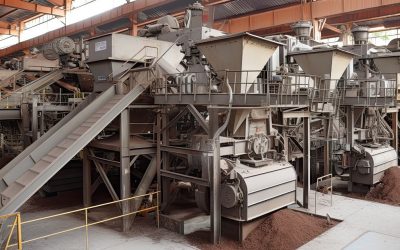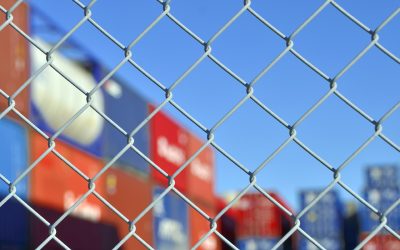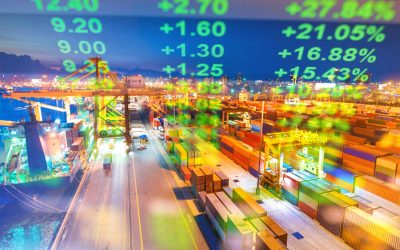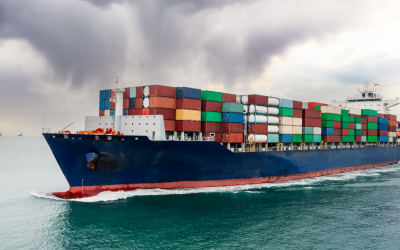Raw materials Blog
News on Strategic Metals and Information on Their Potential as Physical Assets
What you can expect in our blog
First Steps
Are you considering buying commodities as physical asset? Find basic information here.
Market Insights
You can read in-depth background information and current market evaluation here.
News
Click here for selected news and interesting facts about strategic metals.
Rare Earths: China’s Long Road to Success as a Raw Materials Giant
China’s dominance of the rare earths market is no coincidence but the result of a planned approach by the government to harmonize the industry.
Gallium and Germanium: New Export Figures Confirm Turbulent Year 2023
2023 was an eventful year for gallium and germanium. Export restrictions imposed by China once again demonstrated the strength of the People’s Republic’s market power.
Export Ban on Rare Earth Technologies Comes Into Force in China
China will ban the export of certain rare earth technologies, as was announced at the end of December.
The most important news straight to your inbox?
Where Are China’s Export Trends For Gallium and Germanium Heading?
Export controls on gallium and germanium from China came into force in August, and export figures initially fell sharply. Now that a few months have passed, what is the market situation of these metals?
Hafnium: The Current Market Situation of the Technology Metal
The price of hafnium peaked in October 2023. Since then, the price has fallen slightly but remains at a very high level. In this analysis, we classify the current market situation of this technology metal.
Rare Earths in Cars – From Spark Plugs to Air Conditioning Systems
You may know that rare earth metals are used in electric car motors. However, these motors aren’t the only vehicle components where these metals are found.
Understanding the Volatility of Strategic Metals
In this expert interview, we discuss how volatility in strategic metals occurs and why political decisions and energy issues can affect prices.
Chinese Export Restrictions Cause Spikes in Technology Metal Prices
Since China’s export controls took effect, gallium and germanium exports have come to a standstill. Prices of these raw materials, and indium, have risen in recent weeks.
Rhodium: Price Spikes in the Raw Materials Market
The platinum group metal has increased in price by more than 30% within a few days. TRADIUM expert Philipp Götzl-Mamba classifies the current situation of the raw material, which is essential for autocatalysts.
This Scarce Raw Material Could Threaten the Expansion of the Hydrogen Economy
Green hydrogen is supposed to make industry and transportation more climate-friendly. A shortage of iridium for hydrogen production is looming.
How Alternative Investments Can Help with Diversification
In these turbulent economic and political times, a diversified portfolio is more important than ever. Learn how alternative investments such as strategic metals can help reduce downside risk.
Artificial Intelligence Helps Find Critical Raw Materials
Welcome to the future of raw materials searches. Artificial intelligence could soon become indispensable in the hunt for new deposits in the depths of the earth or the far reaches of the universe.
raw materials FAQ
Our "Frequently Asked Questions" contain answers to the most important questions that our customers usually ask. For example, how exactly does the purchase of rare earths work, how long should the holding period be or what are the options for liquidation.

